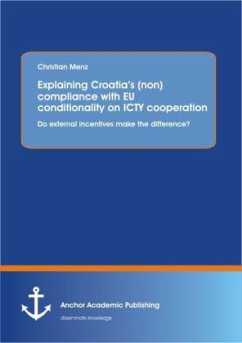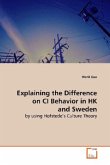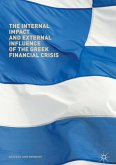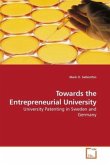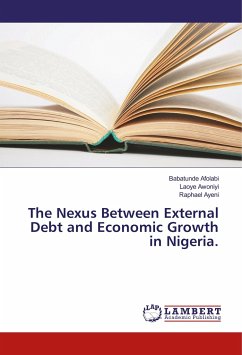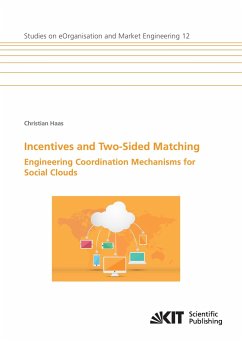For the positive experience with tying progress in negotiations with progress in reform in Central and Eastern Europe, the European Union made its membership offer to the Western Balkans countries conditional on specific democratic principles, most notably (full) cooperation with the International Criminal Tribunal for the former Yugoslavia (ICTY). Yet, although EU membership is regarded as highly attractive both for political elites and the general public in the region, the erratic record of compliance with ICTY-related EU conditionality in Croatia since 2000 raises questions about the EU's ability to provide for rule transfer' and norm diffusion' in the current enlargement round and poses a puzzle to scholars of international relations and EU enlargement alike. My findings suggest that EU conditionality was rather inconsistently applied toward Croatia. Two main conclusions can be made from this. First, individual member states have gained in influence over enlargement policy that leads to a more politicized use of the conditionality tool undermining its effectiveness. Second, it illustrates the need to place politics in time and to go beyond purely rationalist explanations.

